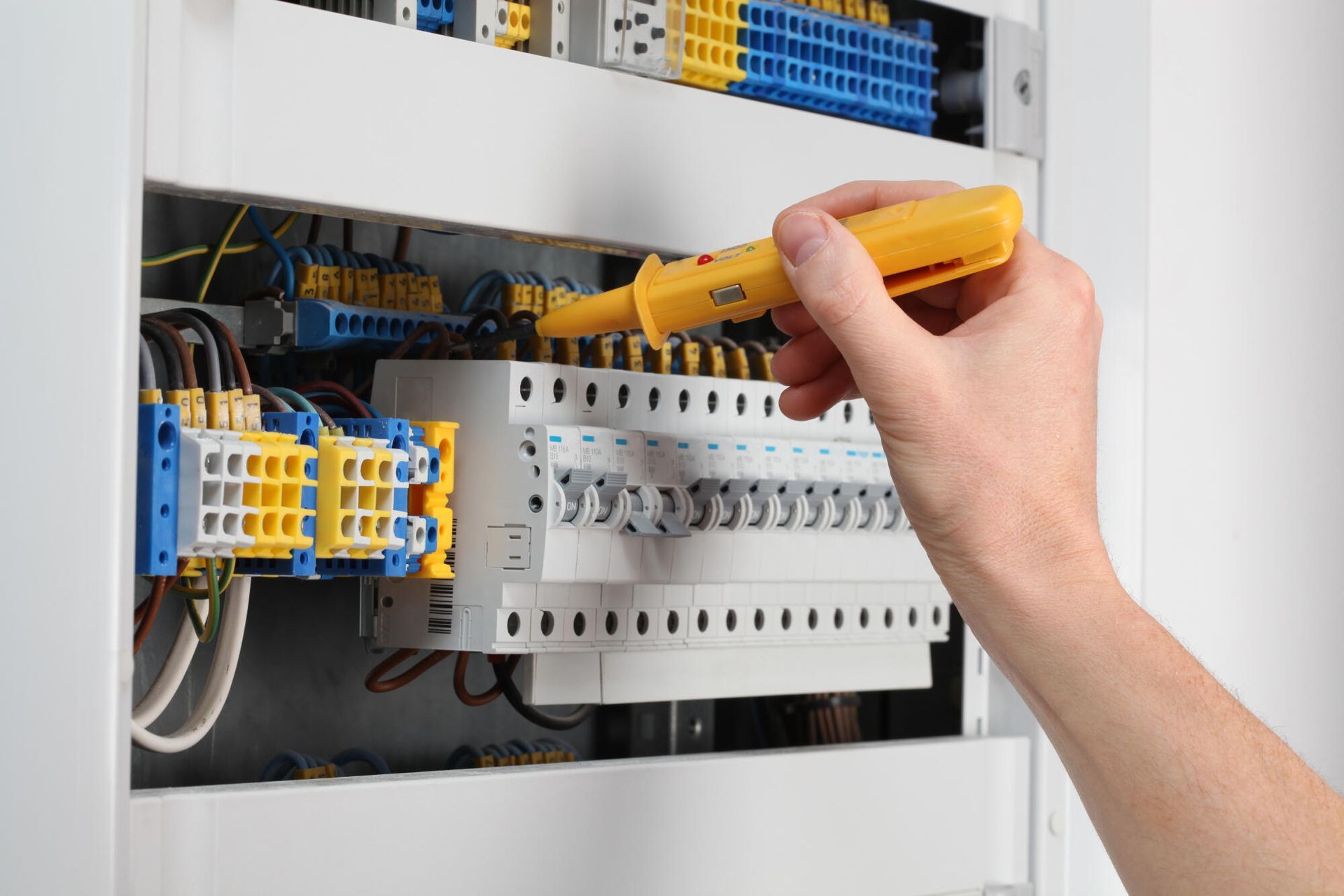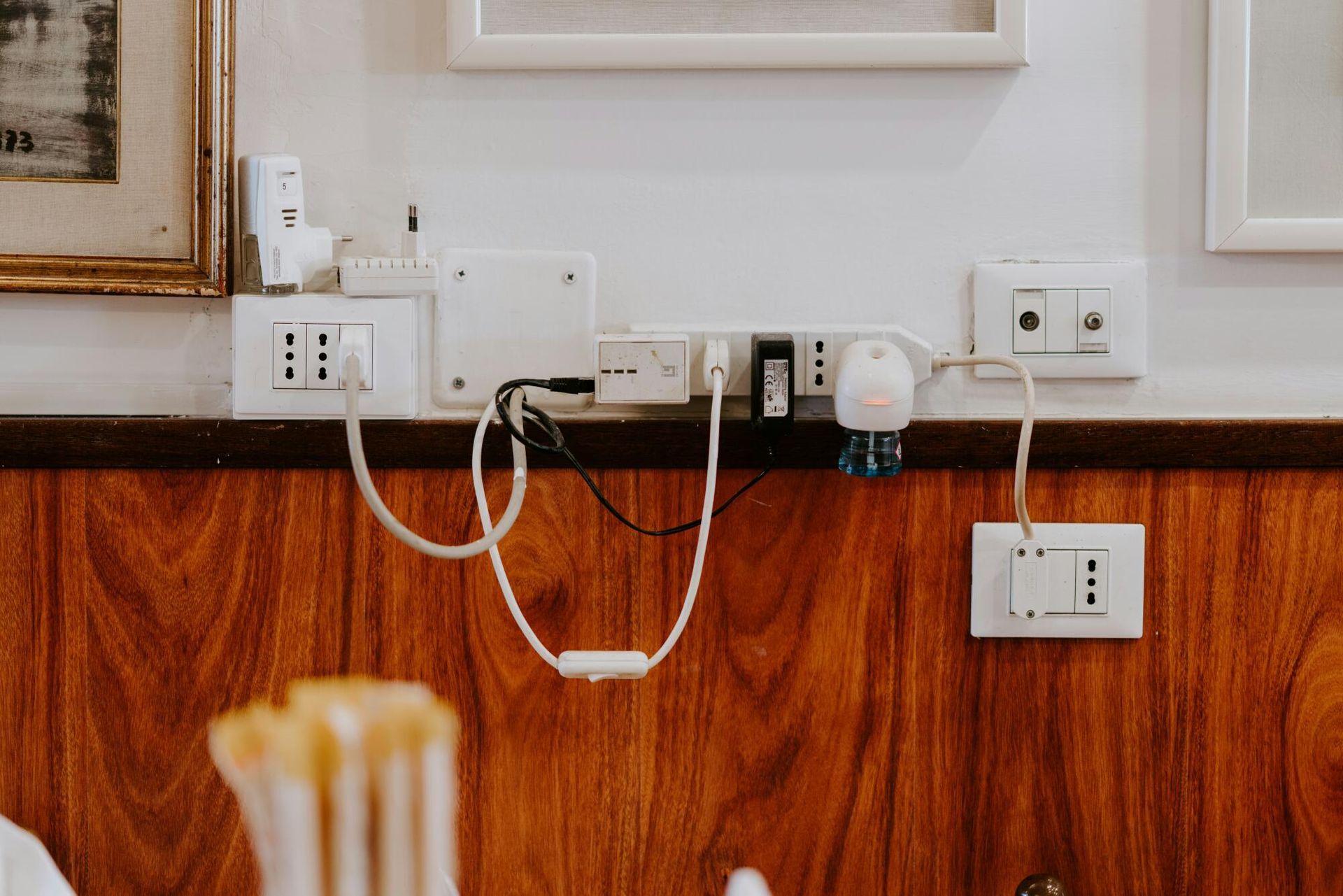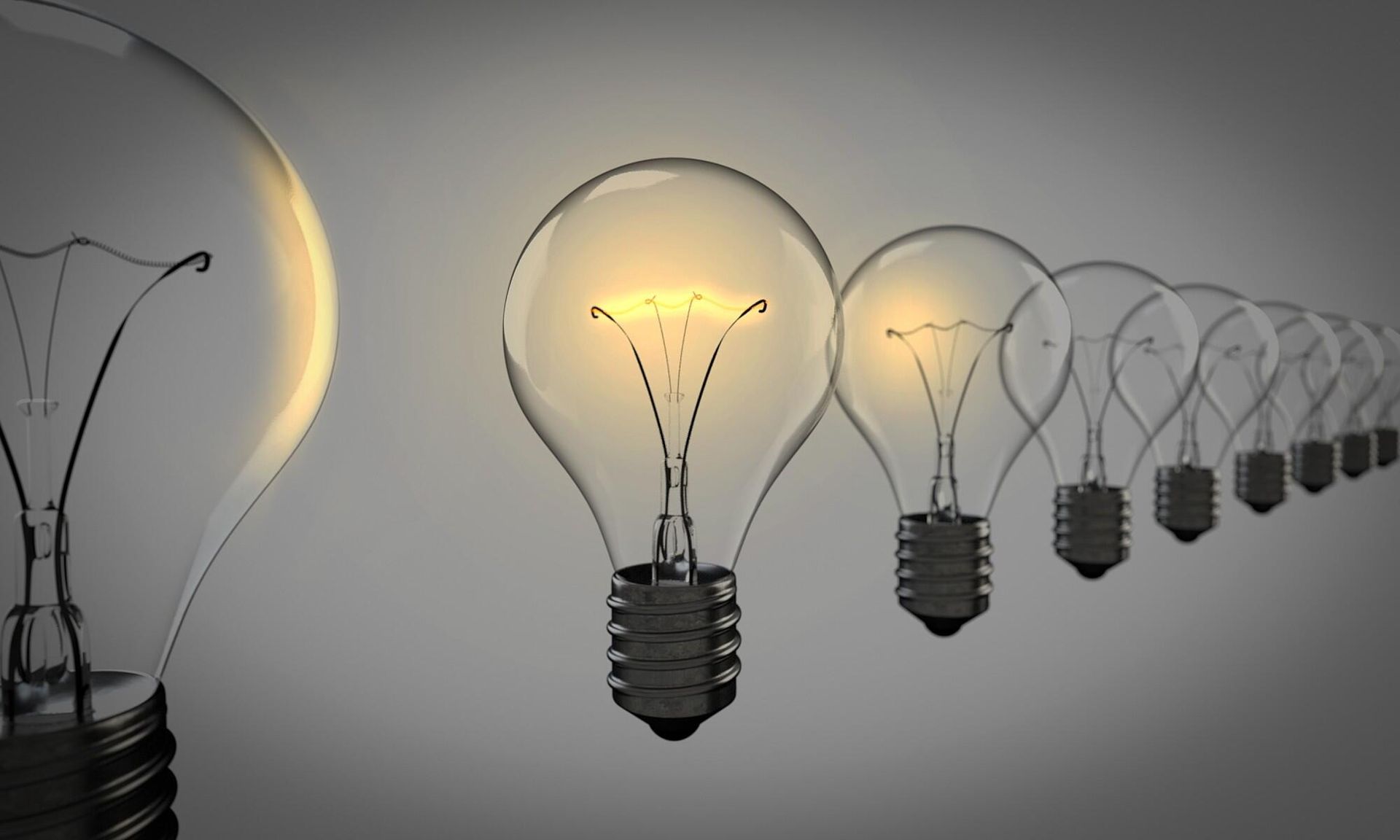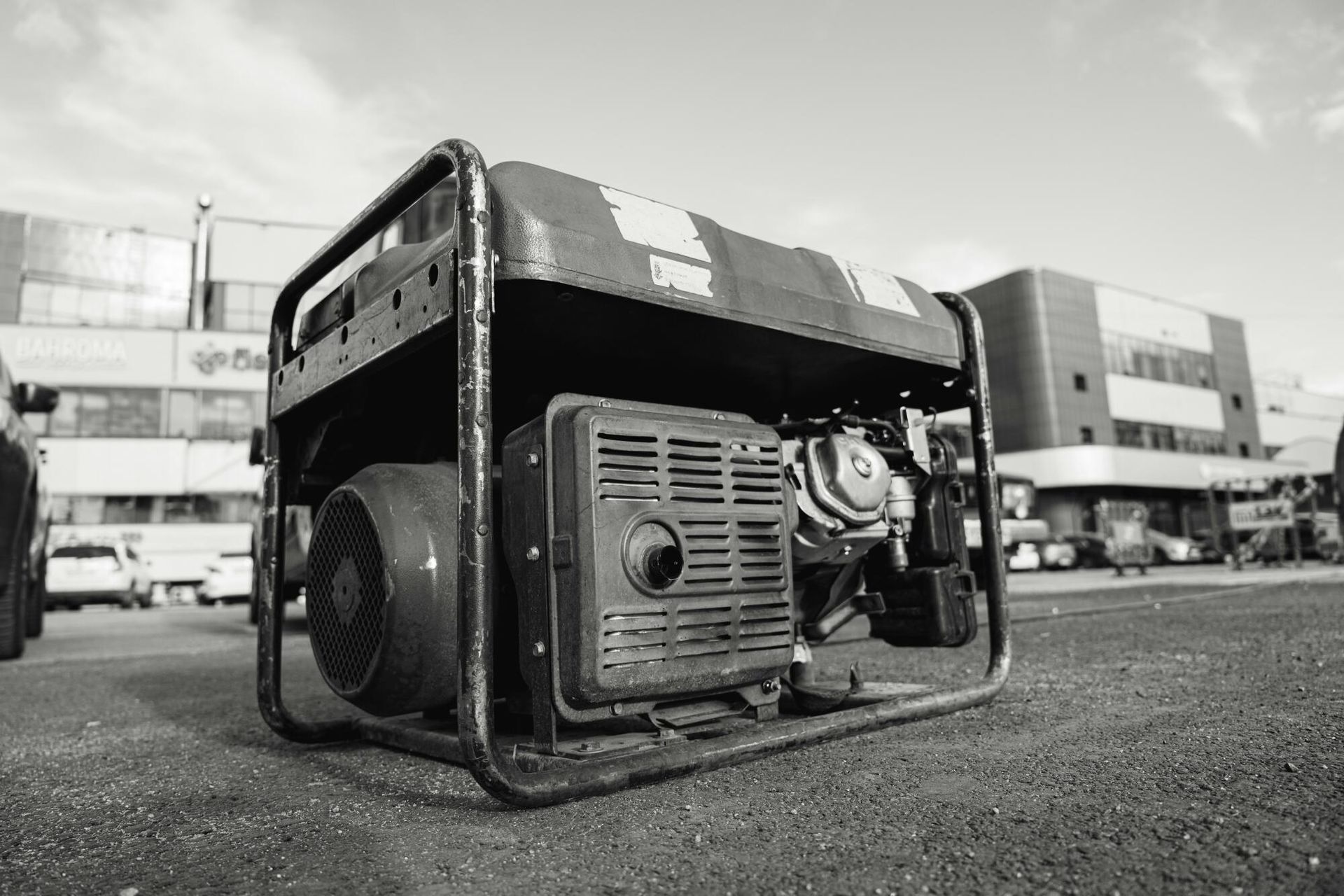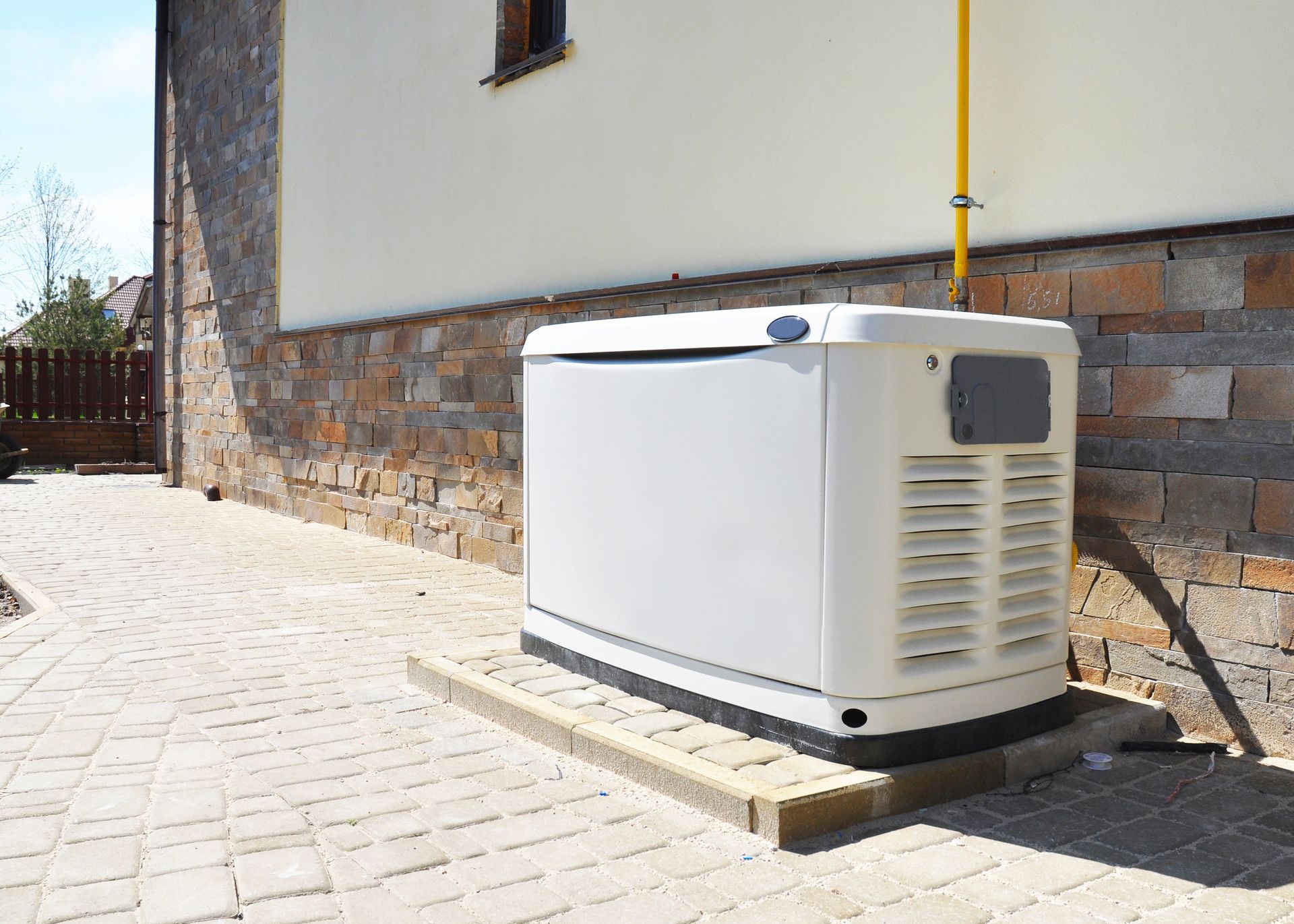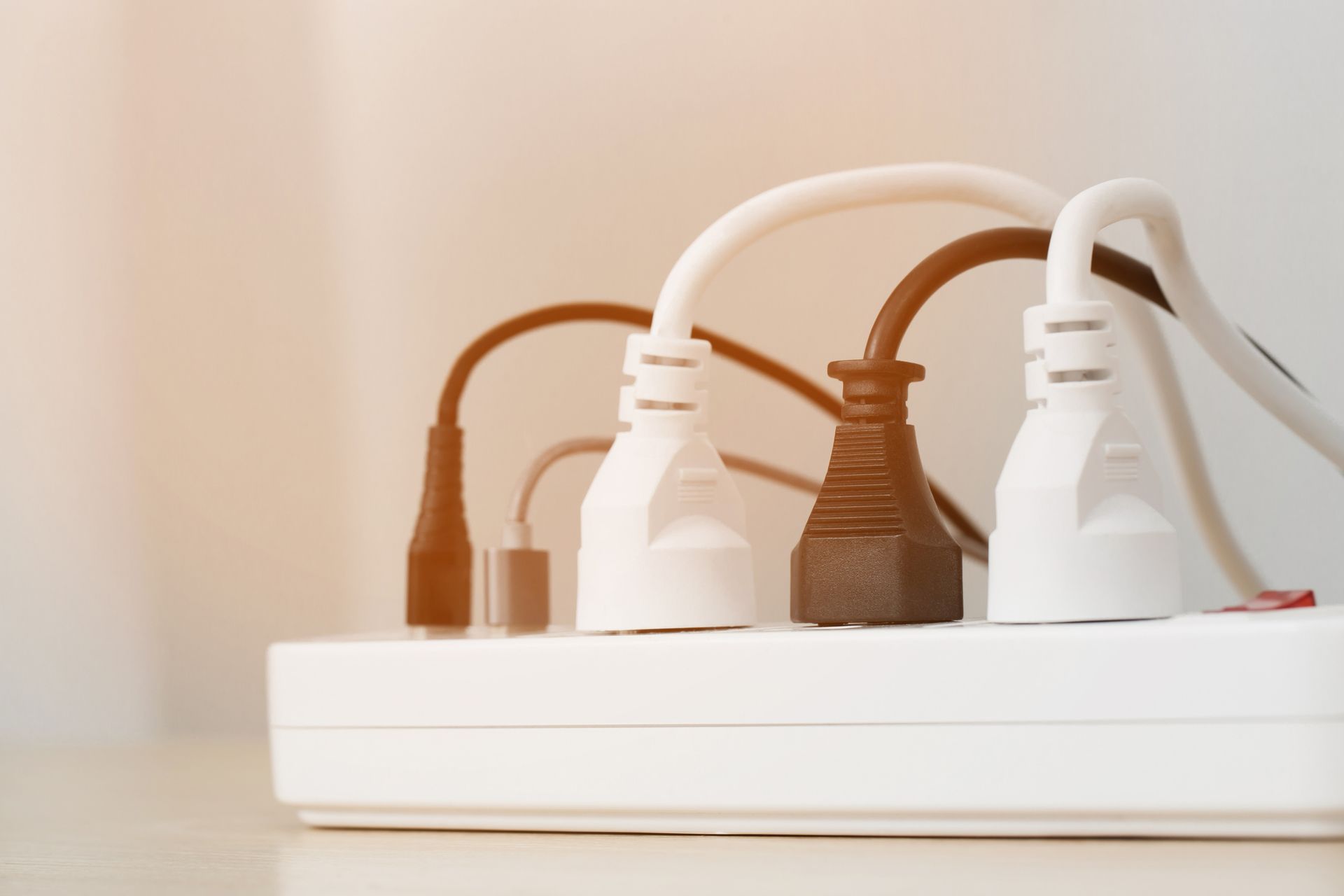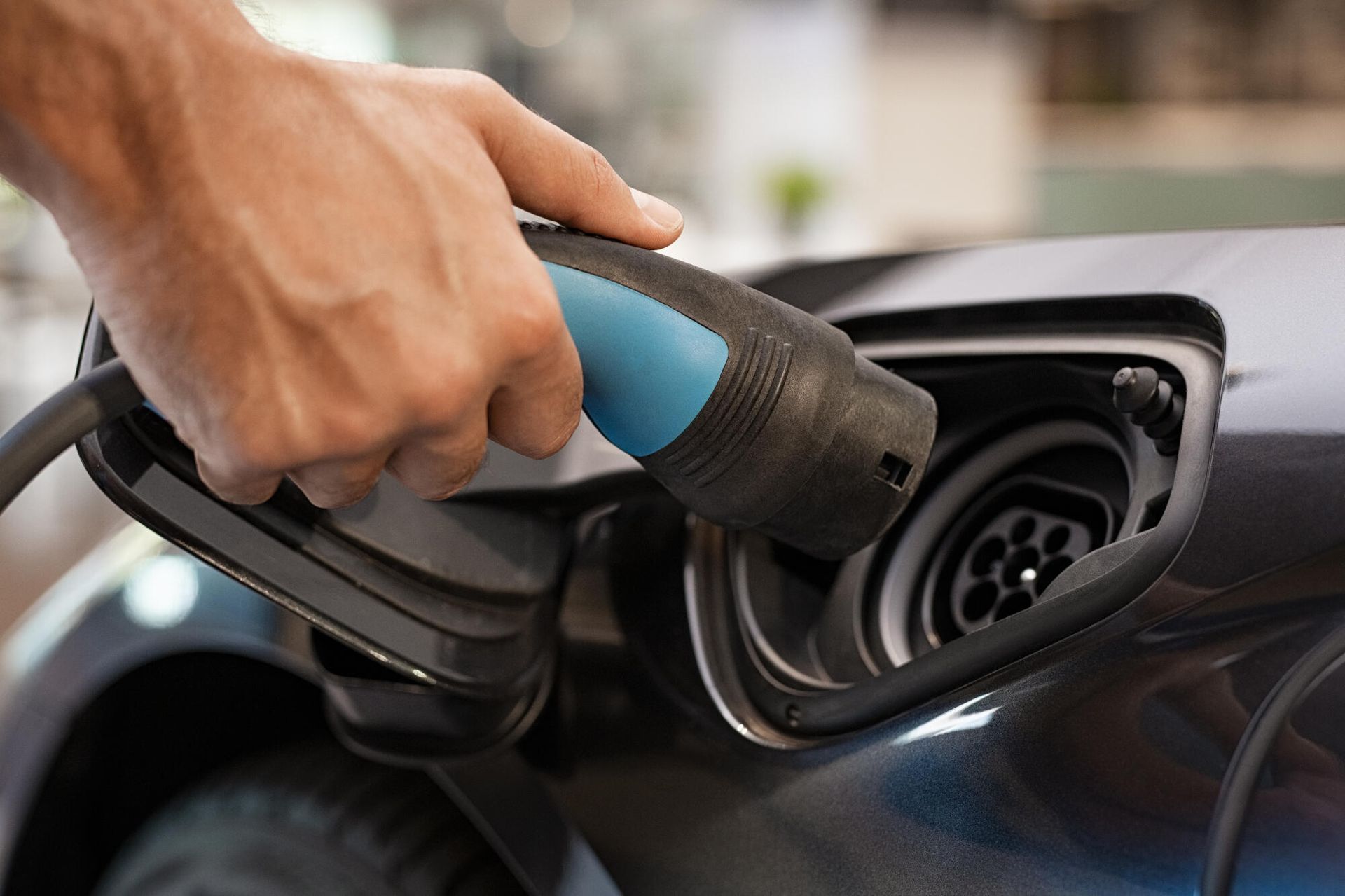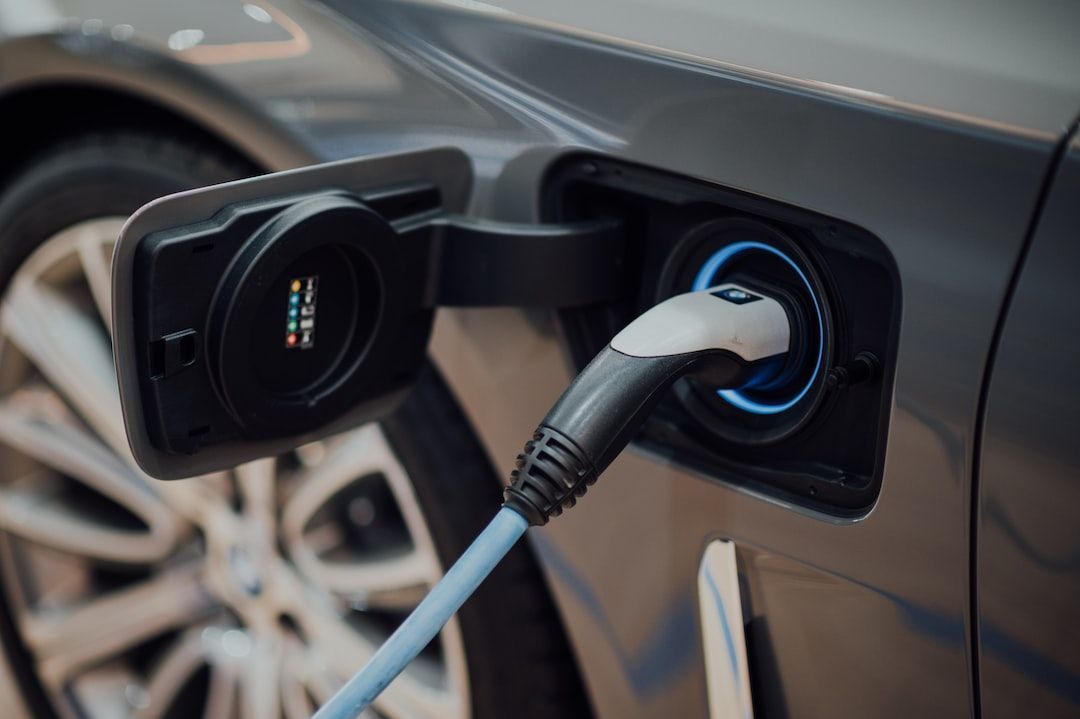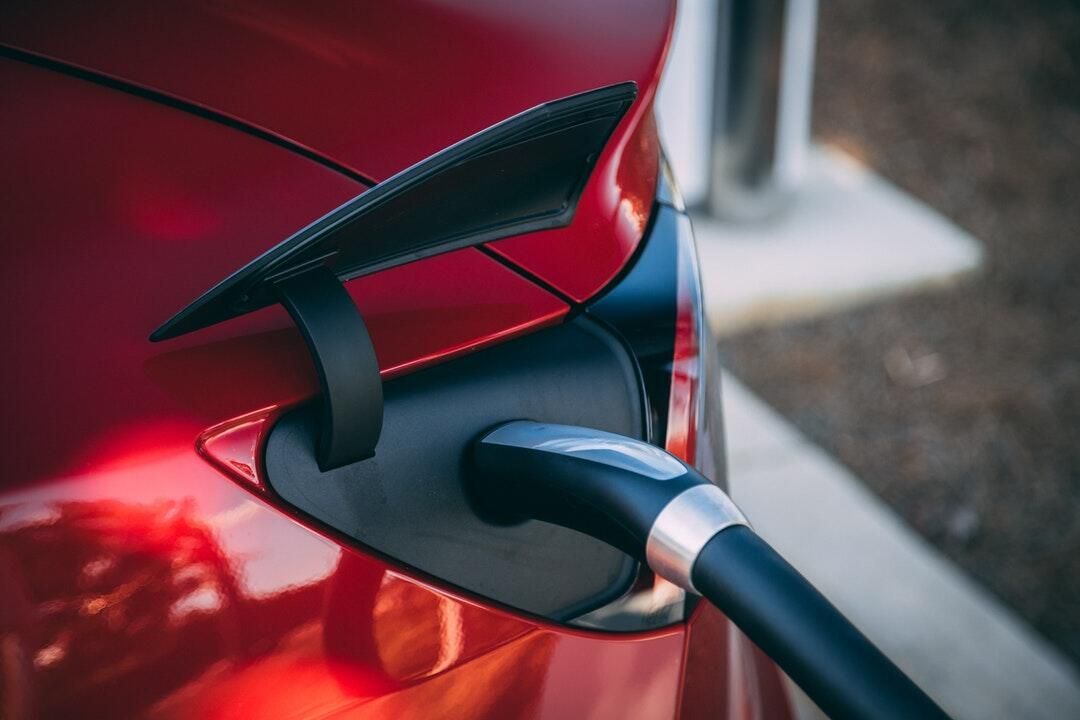Emergency Preparedness With a Generator: Staying Safe During Power Outages
Most families are unprepared for a disaster and don't have any emergency plans at all. Some families keep limited emergency supplies but don't really have a solid plan. Those with a plan often forget one crucial thing - there's no guarantee that the power will function during an emergency.
If you truly want to have a comprehensive emergency plan, you'll need to have some kind of power generator. Of course, the plan also needs to consider generator safety. Are you interested in learning more about this crucial topic? Read on to
learn more.
Know the Main Generator Types
To ensure power outage safety, you'll have to choose a type of generator that works for you.
Portable generators are a common choice for emergencies. These are ideal for emergency generator use, as you can easily move them to a new location, as and when you need them. They're not the most reliable or efficient choice, but when you need versatility, you can't beat them.
Another option is a standby generator. These are permanently installed, and they'll turn on automatically the instant there's a power outage. If you have a set plan in place or if you need to always keep certain appliances powered on no matter what, these are an obvious choice.
Inventor generators are similar to standby generators, but they offer cleaner power, and they're also much quieter. If you have specialist needs and a standard standby generator doesn't work for you, this could be what you're looking for.
Ensure Safe Generator Operation
Generators can be dangerous if you don't set them up correctly. In an emergency, the last thing you want is to create a second emergency because of an unsafe generator. The main thing to consider is the exhaust fumes.
If your generator isn't installed in a well-ventilated area, it could lead to exhaust fumes getting into your home. As a rule of thumb, you should keep generators at least 20 feet away from your house to ensure the fumes don't find their way inside.
Of course, there could also be local zoning regulations restricting where you can install a generator. It's best to bring in a professional installer to ensure your generator is safe and up to code.
You'll want to ensure you don't overload the system. Every generator will have a safe wattage rating. Never exceed this rating, otherwise, you're dealing with a fire hazard.
You should also only operate the generator in dry conditions. If the generator is wet, there's a risk of electric shocks. You might consider covering the generator with a canopy if there's any chance of rain.
The electrical connections are also risky. You should only use outdoor-rated, heavy-duty extension cords and always ensure the connections are properly secured.
Correct Fuel Storage and Handling
Your generator needs fuel to function, and any kind of fuel is a potential hazard. Always store your fuel correctly, using the appropriate storage containers. Using the wrong container could cause leaks or spills.
You also need to remember that your fuel has a shelf life. You can't just store the same fuel indefinably. You also don't want to fuel up your generator during a crisis only to discover that the fuel is ineffective.
Always ensure safe refueling. Never try to refuel the generator while it's turned on. Instead, you should turn the unit off and wait for it to cool down first. Refueling while the unit is hot is a serious fire hazard.
Regular Generator Maintenance
Another mistake that could leave you without power in a crisis is failing to maintain the generator. Regularly check the oil, air filters, and spark plugs. You should also do regular test runs to ensure everything works correctly.
If you're in doubt about what you need to do, refer to the service manual from the manufacturer. You can also call in a pro for comprehensive maintenance services.
Carbon Monoxide Safety
When it comes to carbon monoxide safety, you can't afford to take any chances. Carbon monoxide poisoning is a serious risk if you don't safely operate a generator. You should always keep the generatora safe distance from your home, but that's not all.
You should also install carbon monoxide detectors in your home, particularly near bedrooms. If carbon monoxide does somehow get into your home, these devices will instantly alert you.
It should go without saying that you should never run a generator indoors. This includes areas like garages. These devices are simply not designed to run in enclosed spaces, and doing so is a huge safety risk.
Increase Efficiency With Power Management Planning
The more devices you run from your generator, the more fuel it consumes. In a crisis, getting more fuel may not be an option. You should make your fuel last as long as possible by prioritizing the essentials.
This means things like refrigerators, medical devices, and sump pumps. Beware of forgotten items plugged into power strips, as you could inadvertently drain your fuel. Consider using energy-efficient appliances to maximize your generator's effectiveness.
Consider Local Regulations
You'll need to ensure that your generator fully complies with local laws and regulations. If you install an illegal generator, the authorities could force you to get rid of it.
Make sure you don't forget about the noise. While a noisy generator won't be an issue during a serious crisis, you probably won't be able to use it in ordinary times without getting complaints from the neighbors.
Always Keep Generator Safety in Mind
When operated correctly, a generator can be an incredible blessing. With the right generator, you can keep your appliances running throughout a power outage. But you need to take generator safety seriously; you don't want to create an emergency when there's no power.
The best way to ensure safe operation is to have your generator installed by a qualified professional. Vancelectric, LLC, has been installing safe, reliable generators since 1998. If you're considering installing a backup generator, give us a call, and we'll get you a free estimate.
Contact us today to find out why so many of our customers give us five stars!
